
Energy & Environment
-
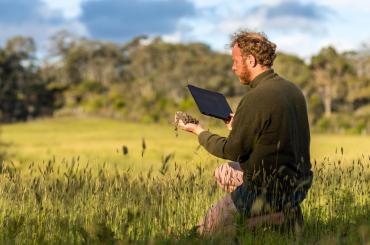
Designing environmental markets to incentivise conservation: Lessons from the US
How should policymakers design environmental markets when they might attract participants who were planning to conserve the environment regardless of the market?
-
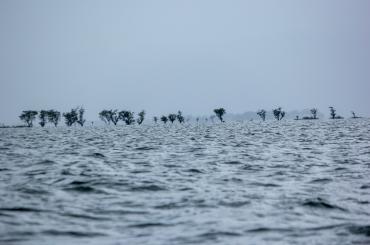
Adaptation on the frontline of climate change
How are communities adapting to climate change? What can policymakers do to help them?
-
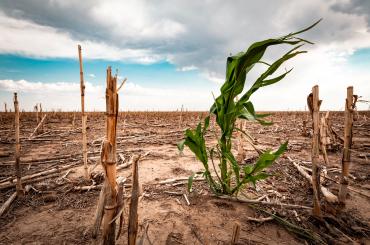
Food policy in a warming world
Governments often seek to protect domestic consumers following climate shocks to agricultural production, but these policies may exacerbate global losses.
-

Electricity shortages and unemployment in Africa
Electricity outages have a significant negative effect on employment in Africa
-
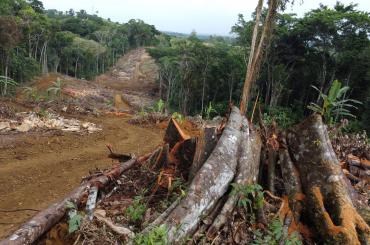
National policy reversals and deforestation in the Amazon
Evidence from the Amazon highlights the crucial role of policy continuity and political commitment to achieving sustainable conservation outcomes
-
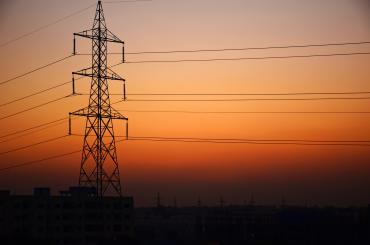
Does rural electrification cause economic development?
The economic benefits of expanding electricity access likely do not outweigh the costs in small rural villages, but likely do in larger communities.
-
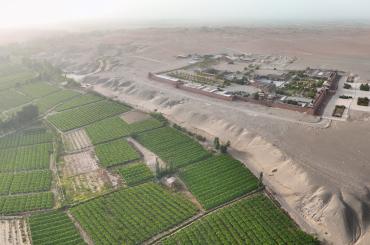
How do rural households in China adapt to extreme heat?
Cash savings and buffer stocks play a critical role in aiding rural households to cope with production losses caused by extreme heat
-

How new monitoring systems shaped China’s war on air pollution
The advanced air quality monitoring system in China has led to improvements in local air quality, but also prompted local governments to strategically prioritise areas near the monitors in order to meet pollution control targets. This localised response poses a new challenge for enforcement and interpreting pollution readings from ground monitors.
-
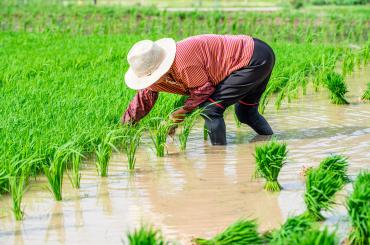
Irrigation plays a pivotal role in agricultural adaptation to climate change
An irrigation expansion project in China serves as solid evidence for effective climate change adaptation